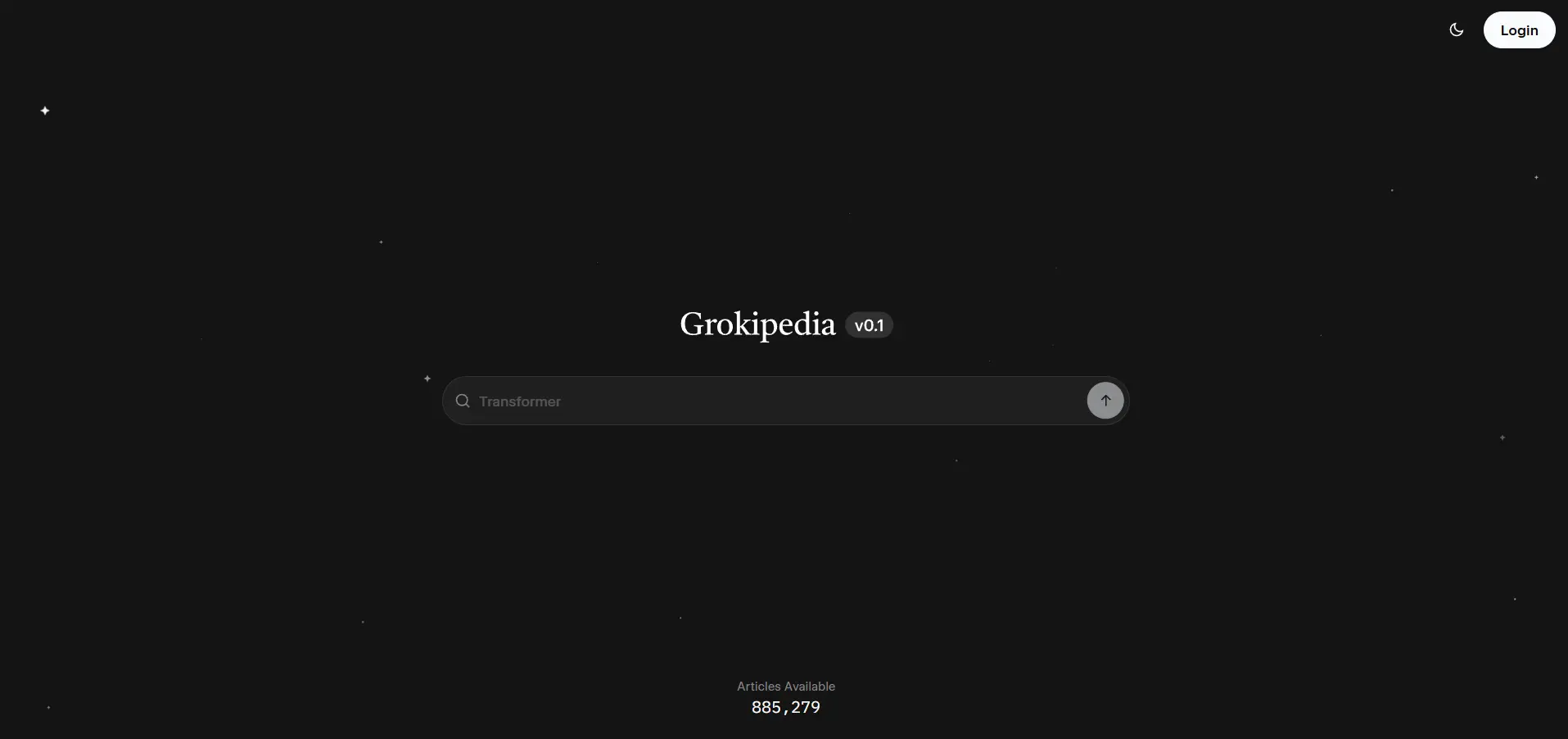On October 28, 2025, Elon Musk's artificial intelligence company xAI released Grokipedia at https://grokipedia.com/, powered by Grok chatbot and real-time data, positioning it as a solution to what Musk calls Wikipedia's "editorial bias."

The platform launched with 885,279 articles and a minimalist "v0.1" interface featuring a simple search bar. However, the site crashed within hours of going live, then returned online later that evening.
Early users reported that many articles appeared adapted or directly copied from Wikipedia, raising questions about the platform's claimed independence and originality.
What Changes
You get an AI-generated encyclopedia promising freedom from editorial bias, powered by Grok's real-time data training to reshape online knowledge sharing.
But you lose Wikipedia's established editorial oversight and community verification. Early users found many articles adapted directly from Wikipedia, contradicting independence claims.
What Matters Now
With 885,000 articles mirroring Wikipedia's structure, this represents large-scale, programmatic AI-generated content.
When using Grokipedia, verify information elsewhere. The reliance on existing Wikipedia content raises questions about genuine differentiation.
The bigger question: will Google apply the same content quality standards to high-profile AI content as it does to smaller publishers?
Grokipedia's search performance will test whether search engines treat large-scale AI-generated content consistently, regardless of who's behind it.









.png)

.svg)





.png)

.png)


